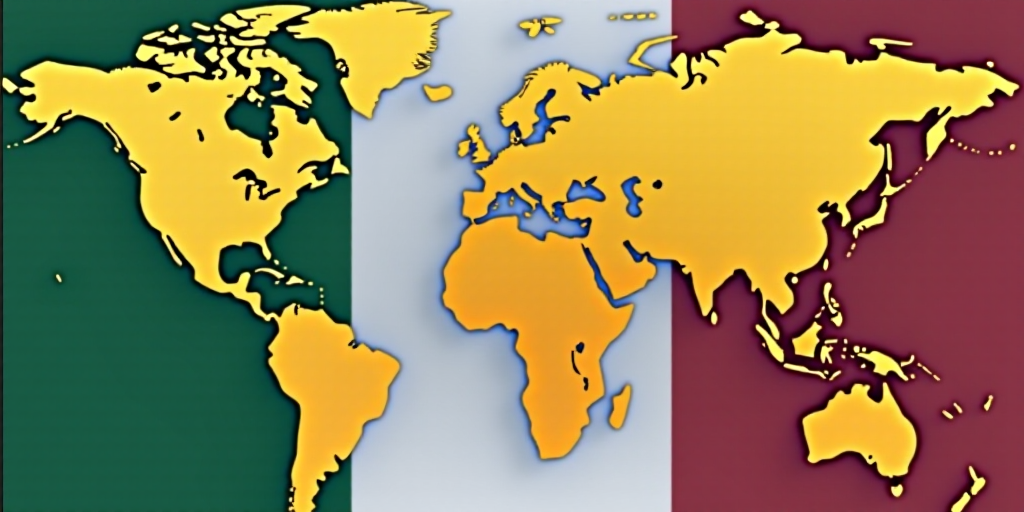Climate Change Experts from UNAM Highlight Social Climate Threats
The consistent rise in global temperature over the past 18 months has raised alarms among experts, who warn of a possible acceleration in global warming or an underestimation of the planet’s self-regulating capacity. This was pointed out by Francisco Estrada Porrúa, head of the Climate Change Research Program at UNAM.
Global Temperature Trends
- Since 2023, the global temperature has remained above the 1.5°C threshold set by the Paris Agreements.
- Despite expectations of a drop following El Niño and La Niña phenomena, temperatures have stayed above this critical level for over a year and a half, suggesting we could surpass the average 1.5°C limit in just five years.
Mexico’s Unique Situation
Mexico faces an even more critical situation, as its temperature has increased by 1.8°C since the pre-industrial era up to 2024, surpassing the global average. The national warming rate is estimated at 3.2°C per century, compared to the global average of 2°C.
- Projections from 2006 regarding coffee production in Veracruz underestimated losses; a 24% reduction was expected by 2020, but today it approaches nearly 48%.
Emphasis on Climate Action
Enrique Provencio Durazo, head of the Program for Development Studies at UNAM, emphasized that climate action should become a central pillar in national development strategies over the coming decades during his speech at the “Urgent Actions and Policies in Response to Climate Change Realities” conference.
- He stressed the need to prioritize climate action within public efforts, align it with international commitments, and ensure the necessary political and financial support.
- Provencio Durazo also highlighted that integrating climate strategies into a broader vision of progress, rather than just environmental justice, would make them more viable. He suggested aligning economic policy instruments, particularly those related to climate change mitigation investments, achieving zero deforestation, and complying with the Paris Agreements.
Social Climate Threats
Naxhelli Ruiz Rivera, head of the University Seminar on Socio-Environmental Risks at the Institute of Geography (IGg), warned that social threats stemming from climate change must be linked to social rights.
- She argued that addressing these threats depends on tackling structural opportunities rather than merely counting damaged assets.
- Ruiz Rivera pointed out that 22.5 million Mexicans engage in care-related work, while 38 million receive care, with 80% being girls, boys, and adolescents; 10% are elderly individuals, and another 10% have disabilities.
- She also revealed that 35.3 million private homes suffer from severe quality deficiencies, with a quarter being over 30 years old and 44% facing water damage or foundation issues, particularly in coastal states.
Lack of Urban Environment Data
Ruiz Rivera also highlighted the absence of data on urban environment conditions and associated social risks from climate change, such as the case of Hurricane Otis, which affected 296,000 minors with consequences like sexual exploitation, school dropout, diseases, lack of medical attention, and malnutrition.






